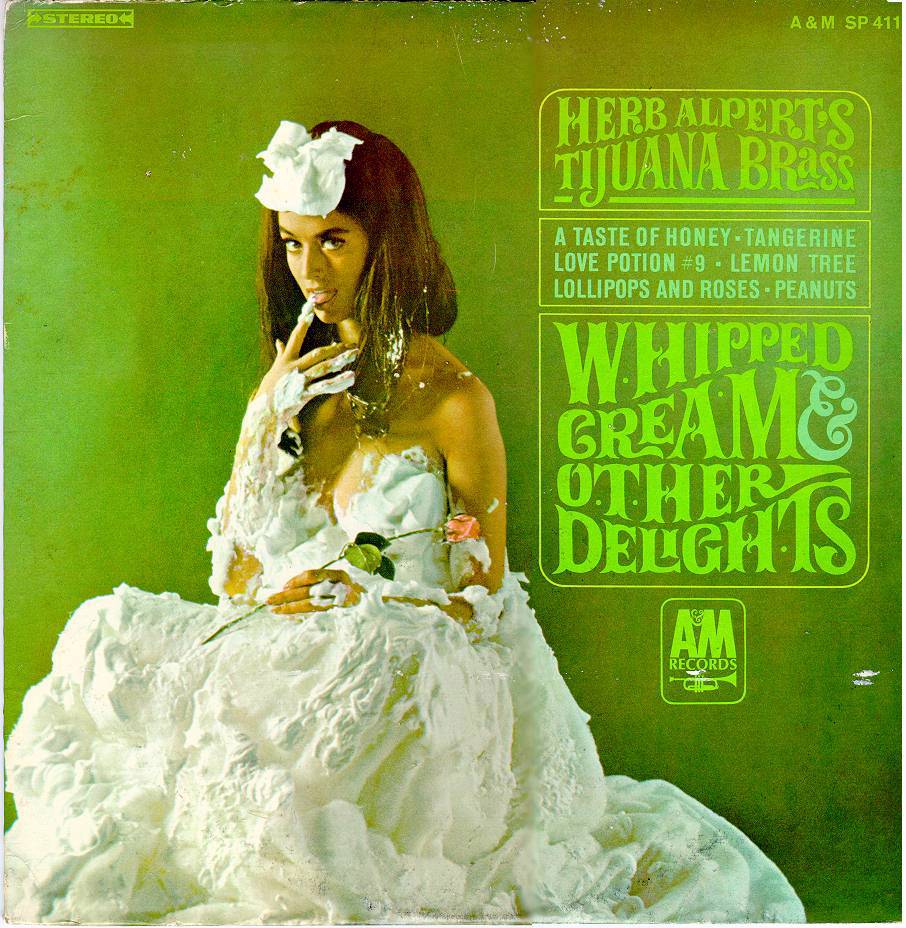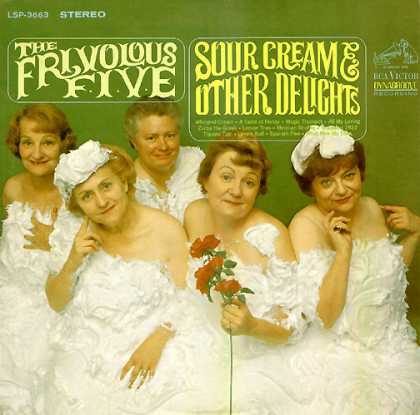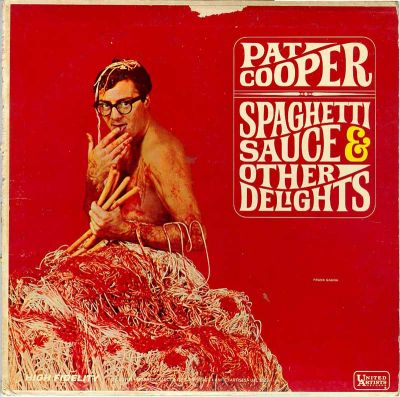 |
Some guys are “leg men”, others are “breast men”. Here’s a “family man”. He should tell wifey to go easy on the popcorn. Followers of this blog will recognise that nudity had been a major staple of classical, big band, and other nerdy non-rock albums throughout the late sixties to early seventies, beginning with Herb Alpert.
By the time this album came out in 1970, Enoch Light and The Light Brigade was a big band that had been around off and on for 40 years. They largely had their heyday in the 1930s, and Enoch Light (1905-1978) was winding down his career by this time. He is credited with making experimental stereo recordings at a time when most homes and radio stations had mono equipment, chiefly during the 1950s and 1960s. |
 |
It is widely suspected that this is a Photoshop job. Since allmusic.com says that Buddy Cole (1916-1964) was active before 1960, an album cover like this would have been a little too much for the sensibilities of the McCarthy Era (late ’50s and early ’60s). However, what many claim to be the original cover make the young lady on the cover look like an amputee, with no legs at all. My claim is that they are both ‘shop jobs.
There are many subtle clues that this present cover is a ‘shop job. For one thing, she appears to have no left knee, which should be showing from behind her right arm. I noticed that most CAC bloggers that put this photo up failed to point this out. Actually, if you’re busy admiring her legs, it’s hard to notice. But once you do, you also notice that they’re disproportionately long, that her pelvis appears out of joint with her hips. To see this, size up her butt (I know you’re doing this anyway), then see where her panties are in relation to her butt (I know you’re staring at that too). Her whole butt looks double-jointed. Sorry if I just ruined this for you. But this is called a Crappy Album Cover journal for a reason. Cole was a pianist who had an interest in the organ, and made several recordings with Henry Mancini and other big-band musicians of the era. This album, “Have Organ, Will Swing” is not listed on Allmusic.com. |
Visits: 103



